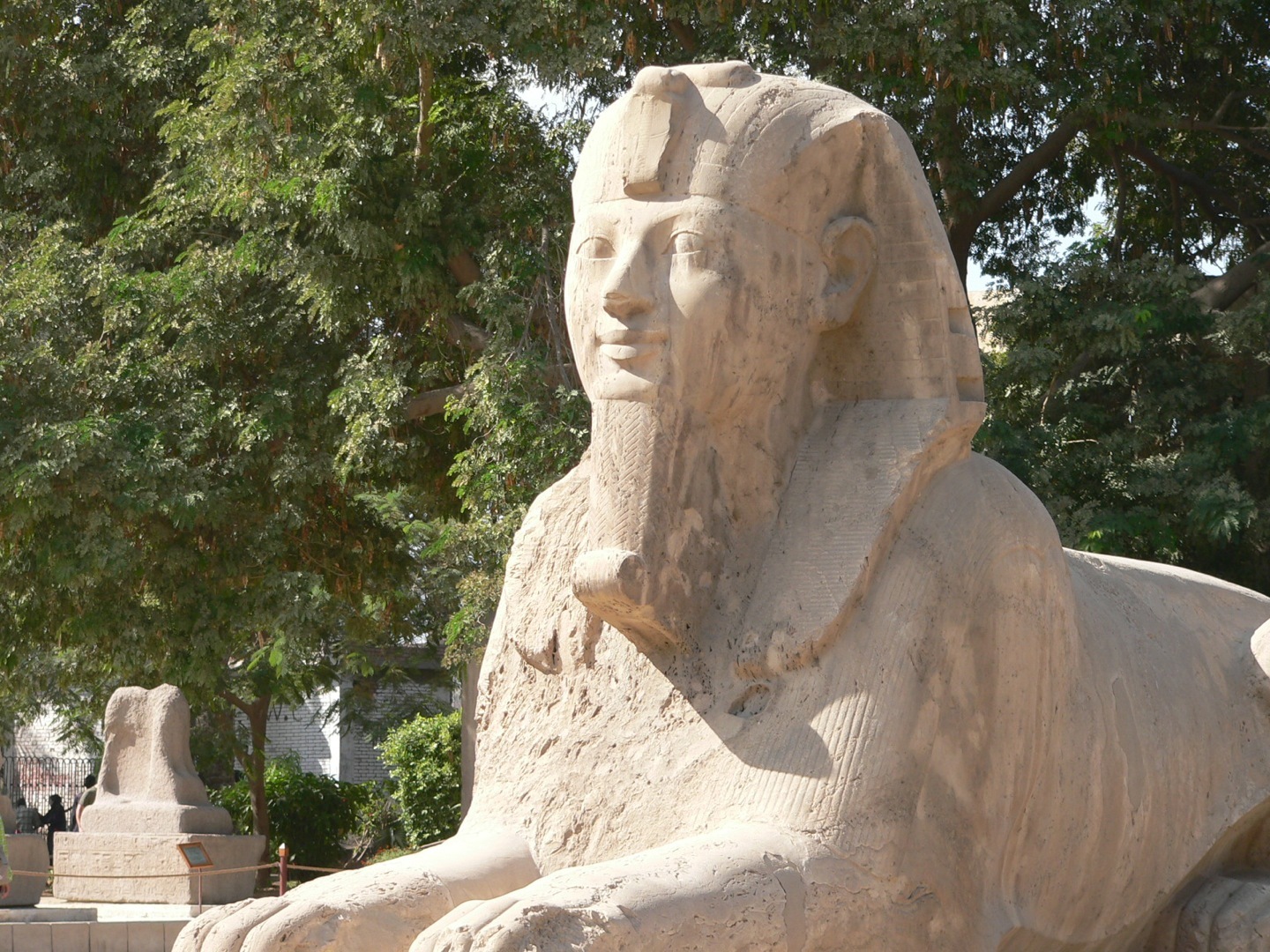 With the actions of a Tunisian fruit vendor, the political landscape in the Middle East and Northern Africa was set ablaze in a series of violent and nonviolent protests, forever altering the lives of individuals in each country.
With the actions of a Tunisian fruit vendor, the political landscape in the Middle East and Northern Africa was set ablaze in a series of violent and nonviolent protests, forever altering the lives of individuals in each country.
The first change to government in over 60 years in Egypt and Tunisia has raised questions concerning the future of government in these countries, the effects of change on other volatile countries in the Middle East, and the global repercussions of transitional governments in some of the world’s most powerful nations.
Hoping to shed some light on the subject, the University of the Fraser Valley welcomed McGill University professor Rex Brynen to speak to students and staff about political reform in Egypt and Tunisia and about the probability of such change occurring elsewhere in Africa and the Middle East.
Apart from authoring several books on politics in the Middle East, Brynen has also served as a member of the Political and Security Policy Staff of the Department of Foreign Affairs and International Trade.
“Political scientists are notoriously adept at predicting things after they have happened. If you would have asked us three months ago if it was possible for a regime change in countries like Egypt and Tunisia, nobody would have predicted it,” he noted.
Brynen added that – despite decades of authoritarian rule in Egypt and Tunisia – the need for political and economic reform, encouraged by a relatively youthful population, led to mass protests and the eventual removal of those in charge in both countries.
“While issues around political succession and rising food prices initially lead to the protests, social networking sites and mobile phones allowed the protests to occur and become organized,” he said.
He noted that the power of regimes such as those found in Egypt and Tunisia relied on the air of immense strength that surrounded them, adding that the longer they lasted, the more they seemed impossible to topple.
“In a sense they were self-reinforcing, building upon the strength of having been impenetrable for so long,” he told the audience.
This is why, as Brynen explained, citizens of the world were so caught off-guard by the immense change occurring in Tunisia and Egypt.
Brynen also commented on the role that mass media has played in the various revolutions. As most countries in the Middle-East only had access to the Al Jazeera television network, constantly bombarding audiences with images of the successful toppling of governments in Egypt and Tunisia has spurred on individuals in other countries.
“People in Bahrain and Libya have seen that a relatively peaceful revolution can accomplish immense change. This has encouraged individuals who otherwise would have never taken up protest against their regimes,” he noted.
In order to calculate if the wave of democratic reform sweeping across Northern Africa and the Middle East will continue, Brynen has made note of several variables whose possession appear to be key in predicting whether a country will succumb to the wishes of protestors.
“Countries who seem to have a divided population in terms of religion and ethnicity appear to be most prone to more violent protests. Countries like Bahrain, where a Sunni Muslim government rules a population of roughly 75 per cent Shiite Muslims, will likely result in a more deadly revolt then was seen in Egypt or Tunisia. The countries that seem to be most stable are those with an abundance of oil and a firmly established and popular monarchy. This includes countries like Saudi Arabia, where the standard of living of the average citizen is much higher then elsewhere in the region.”
Although the establishment of interim governments in both Egypt and Tunisia has been accomplished with relative ease, the prospect of a new regime achieving social and economic change quickly and efficiently will inevitably be a more difficult feat, Brynen noted.
“While Tunisia has a good chance for successful democratic change – having a cohesive population with an apolitical military – Egypt’s future is entirely reliant on how they handle the serious economic problems that lead to the need for reform. Libya, on the other hand, is a poor prospect for change, having most of the population in the capital of Tripoli, [and] making democratic reform more likely to end in civil war,” he said.
Brynen concluded his presentation by glossing over potential issues regarding relations between Egypt and Israel, the effects of Middle-Eastern reform on United States policy and intelligence, and the shift in focus away from Iranian nuclear ambitions in the region. He added that the unpredictable nature of change that has overcome the Middle-East and Africa is likely to continue, and that while the protests thus far have been accomplished with relatively little bloodshed, revolutions in countries such as Libya and Bahrain are expected to be exponentially more violent.


